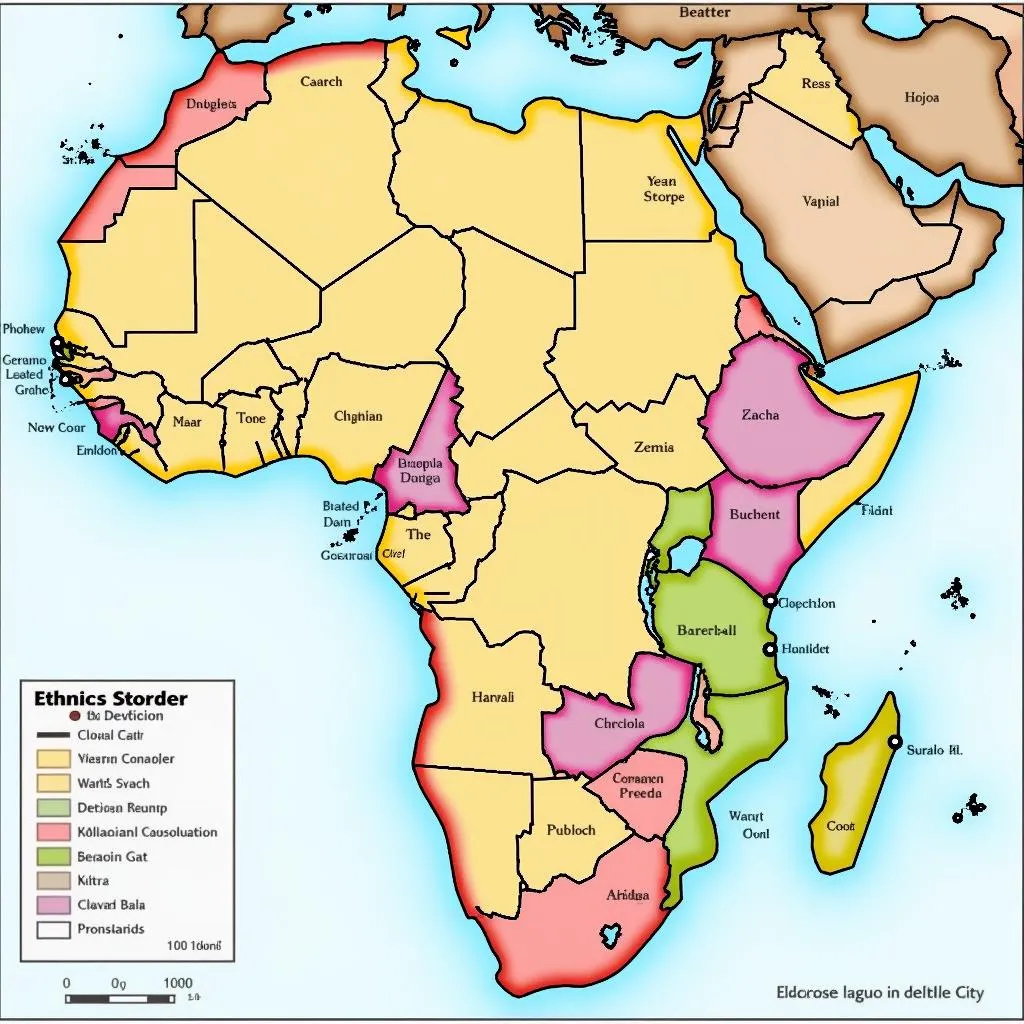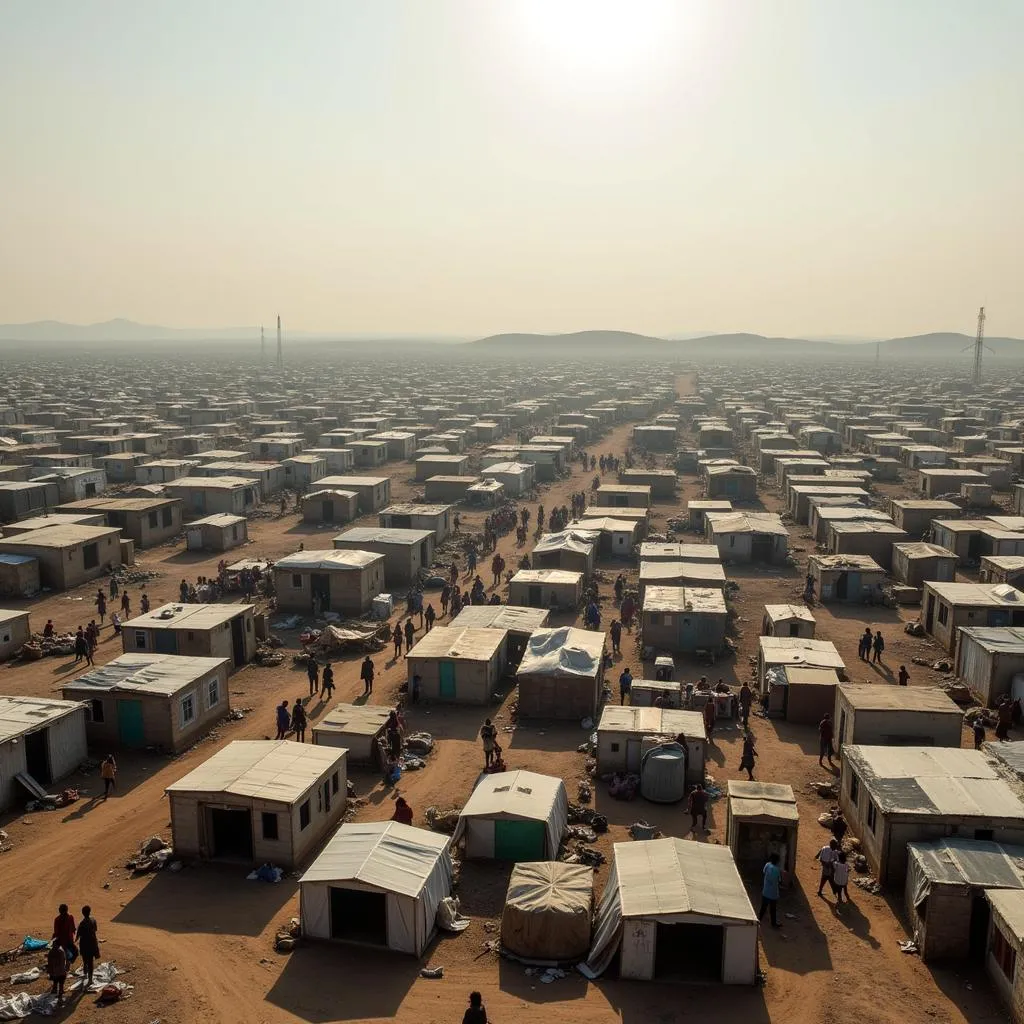Africa: Blood and Guts – Unpacking the Realities of African Civil War
The phrase “Africa blood and guts” might conjure up harrowing images of conflict and violence, a continent seemingly defined by its civil wars. But to reduce Africa to such a simplistic and tragic narrative is not only insensitive but also wildly inaccurate. While it’s true that Africa has experienced its fair share of civil strife, to understand the complexities of these conflicts requires moving beyond sensationalized headlines and delving into the historical, political, and socio-economic factors at play.
Beyond the Headlines: Understanding the Roots of Conflict
Civil wars in Africa, like all wars, are rarely about a single cause. They are often the culmination of deep-seated grievances, simmering tensions, and a complex interplay of internal and external forces.
The Legacy of Colonialism: Seeds of Discord
It’s impossible to discuss African civil wars without acknowledging the profound impact of colonialism. The arbitrary borders drawn by European powers during the scramble for Africa often grouped together diverse ethnicities and communities with long-standing rivalries, creating fertile ground for future conflicts.
 Map of Africa during colonization
Map of Africa during colonization
The Struggle for Resources: Fueling the Fire
Many African nations are incredibly resource-rich, yet these riches are often unevenly distributed, leading to stark economic disparities and social unrest. Competition over land, water, diamonds, oil, and other valuable resources has fueled numerous conflicts, with different groups vying for control and power.
Weak Governance and Political Instability: Fanning the Flames
Weak governance, corruption, and a lack of democratic processes further exacerbate existing tensions. When governments are perceived as illegitimate or ineffective, and when peaceful avenues for addressing grievances are limited, the likelihood of violence and armed conflict increases dramatically.
The Human Cost: Beyond Numbers and Statistics
The impact of civil war on African societies is profound and devastating. Millions have been displaced from their homes, forced to flee to neighboring countries or live in squalid refugee camps.
 Image of a refugee camp in Africa
Image of a refugee camp in Africa
Children of War: A Lost Generation
Children are often the most vulnerable victims of war, subjected to unimaginable violence, forced recruitment as child soldiers, and denied access to education and healthcare. The psychological scars of war can last a lifetime, perpetuating cycles of trauma and hindering future development.
Crumbling Infrastructure and Shattered Economies: The Long Road to Recovery
Civil wars leave a devastating legacy, destroying infrastructure, crippling economies, and hindering development for generations. The long and arduous process of rebuilding and reconciliation requires commitment from all parties involved, as well as sustained international support.
Breaking the Cycle of Violence: Building a More Peaceful Future
While the challenges are significant, there is hope for a future free from the scourge of civil war in Africa.
Promoting Good Governance and Democracy
Strengthening democratic institutions, promoting good governance, and tackling corruption are essential for creating a more stable and just society.
Investing in Sustainable Development
Investing in education, healthcare, and economic opportunities for all citizens is crucial for addressing the root causes of conflict and fostering sustainable development.
Fostering Dialogue and Reconciliation
Addressing past grievances through truth and reconciliation commissions can help heal wounds and build trust between communities.
From “Blood and Guts” to Hope and Resilience
The narrative of “Africa blood and guts” is a dangerous oversimplification of a complex reality. While acknowledging the devastating impact of civil wars, it’s equally important to recognize the resilience of the African people, their unwavering spirit, and their ongoing efforts to build a more peaceful and prosperous future. The international community has a responsibility to support these efforts, moving beyond stereotypes and working collaboratively towards a future where the phrase “Africa blood and guts” becomes a relic of the past.
